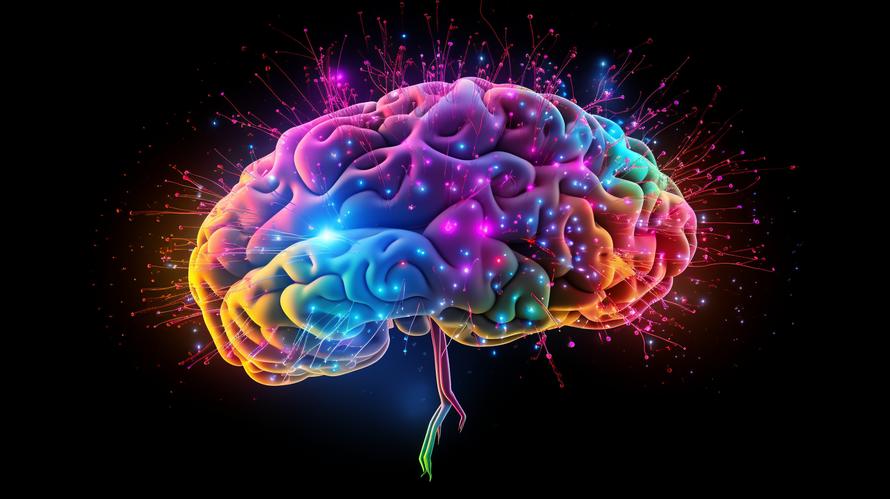If you’re looking to keep your brain in top shape as you age, researchers from Concordia University in Montreal have discovered three crucial factors that can help maintain mental sharpness going into your senior years. These findings were based on a study that examined the cognitive abilities of 333 recent retirees.
The Power of Challenging Activities
Continuing to engage in mentally demanding activities as you age is key to preserving your cognitive abilities. These activities can be as simple as reading books, solving puzzles, or learning a new language. By facing mental challenges, you’re keeping your brain active and strengthening its cognitive networks.
Take some time every day to engage in a mentally stimulating activity, whether it’s playing a strategy-based game, solving a crossword, or writing in a journal. The more regularly you challenge your mind, the better equipped it will be to fight off age-related declines in function.
Variety Is the Spice of Life
Switching things up is also crucial for maintaining brain health. Engaging in a variety of different cognitive experiences can help keep your brain stronger and more adaptable.
For example, if you’ve spent most of your working life in a single field, retirement may be a great opportunity to explore new interests. This can not only offer fresh mental stimulation but may also help cultivate curiosity and a sense of adventure as you continue to learn and grow.
To keep things fresh, try some of the following:
- Pick up a new hobby
- Travel to new places
- Attend workshops or classes
- Participate in local activities or clubs
- Learn a new musical instrument
The more diverse your experiences, the more you’ll be exercising different parts of your brain, which will ultimately contribute to better overall cognitive health.
Say No to Depression
During the study, researchers found that even mild depression could increase the risk of shrinking cognitive abilities after retirement. As such, it’s important to address and treat depression to protect against cognitive decline.
Here are some ways to do so:
- Maintain social connections: By staying socially active and maintaining strong relationships with friends and family, you can help ward off feelings of isolation that may contribute to depression.
- Engage in regular physical activity: Exercise has been proven to help manage and prevent depression due to its mood-enhancing effects.
- Seek professional help when necessary: If you suspect you may be experiencing depression, don’t hesitate to seek counseling or speak with your healthcare provider about possible treatment options.
Taking Charge of Your Brain Health
By incorporating these three key factors into your daily life, you can take charge of your brain health and reduce the risk of cognitive decline as you age. It’s never too late to safeguard your mental abilities and enjoy an enriched retirement. So, why not start today by challenging yourself with a new cognitive task, exploring a new interest, or scheduling that long-awaited catch-up with an old friend? Your brain will thank you for it!



